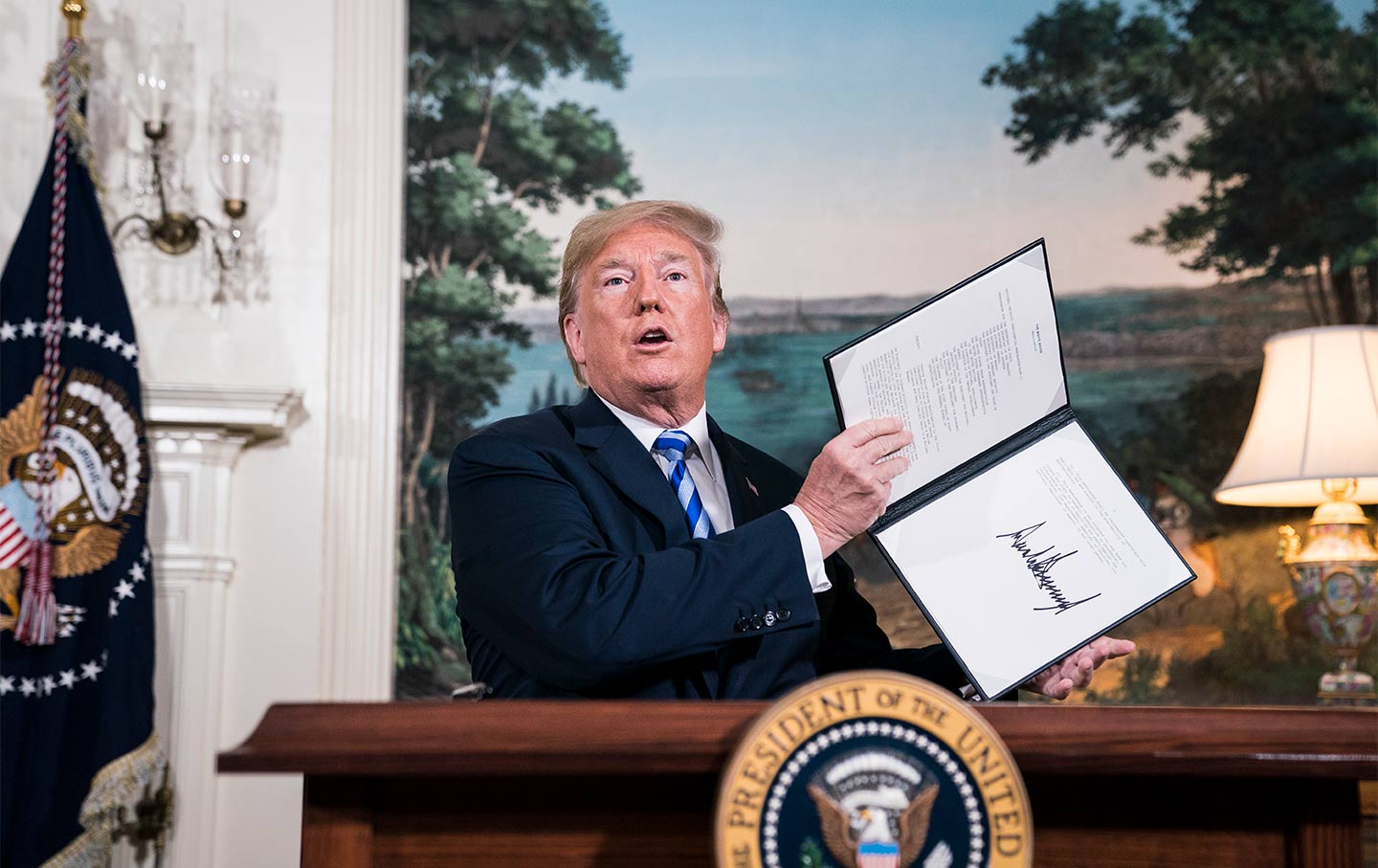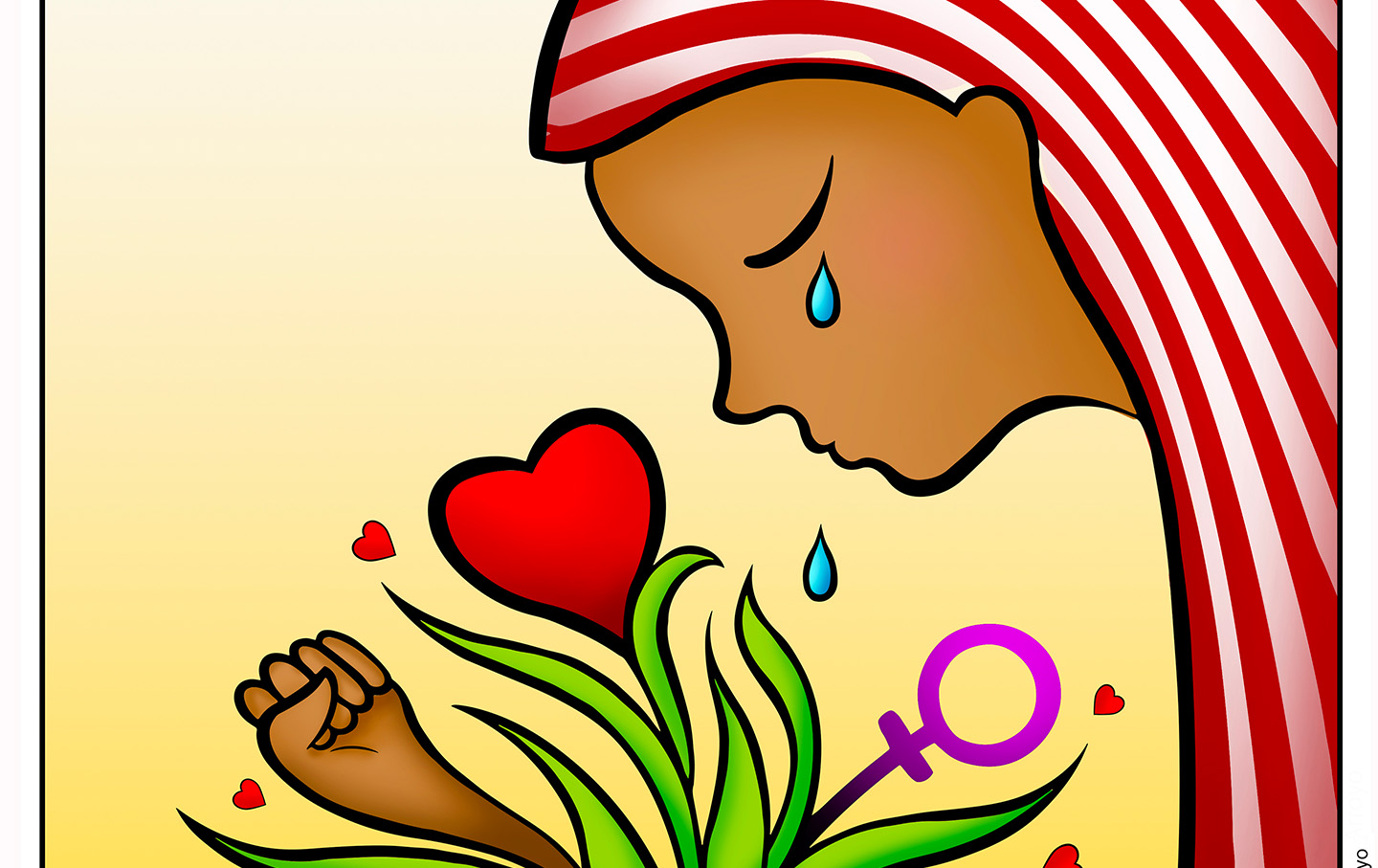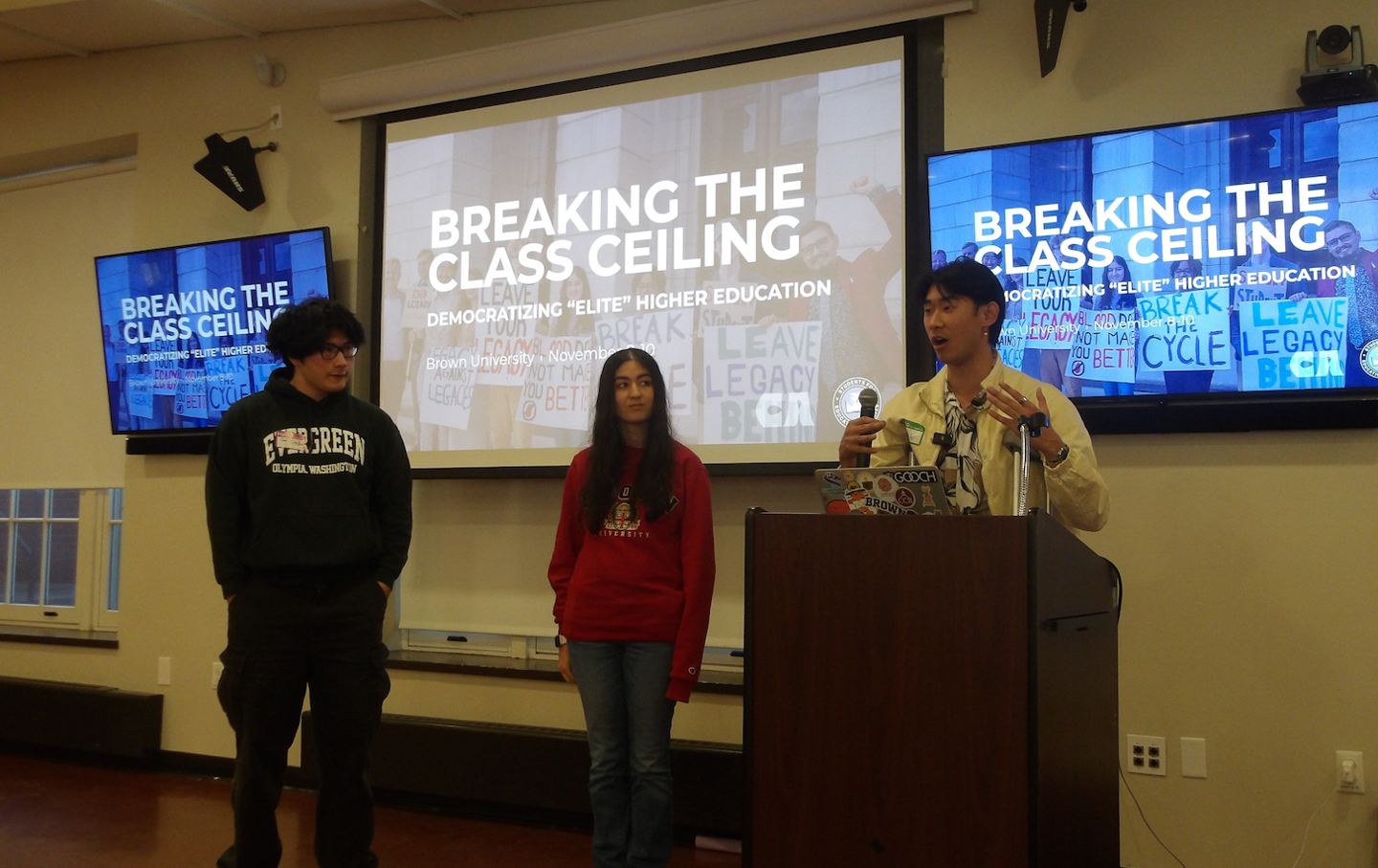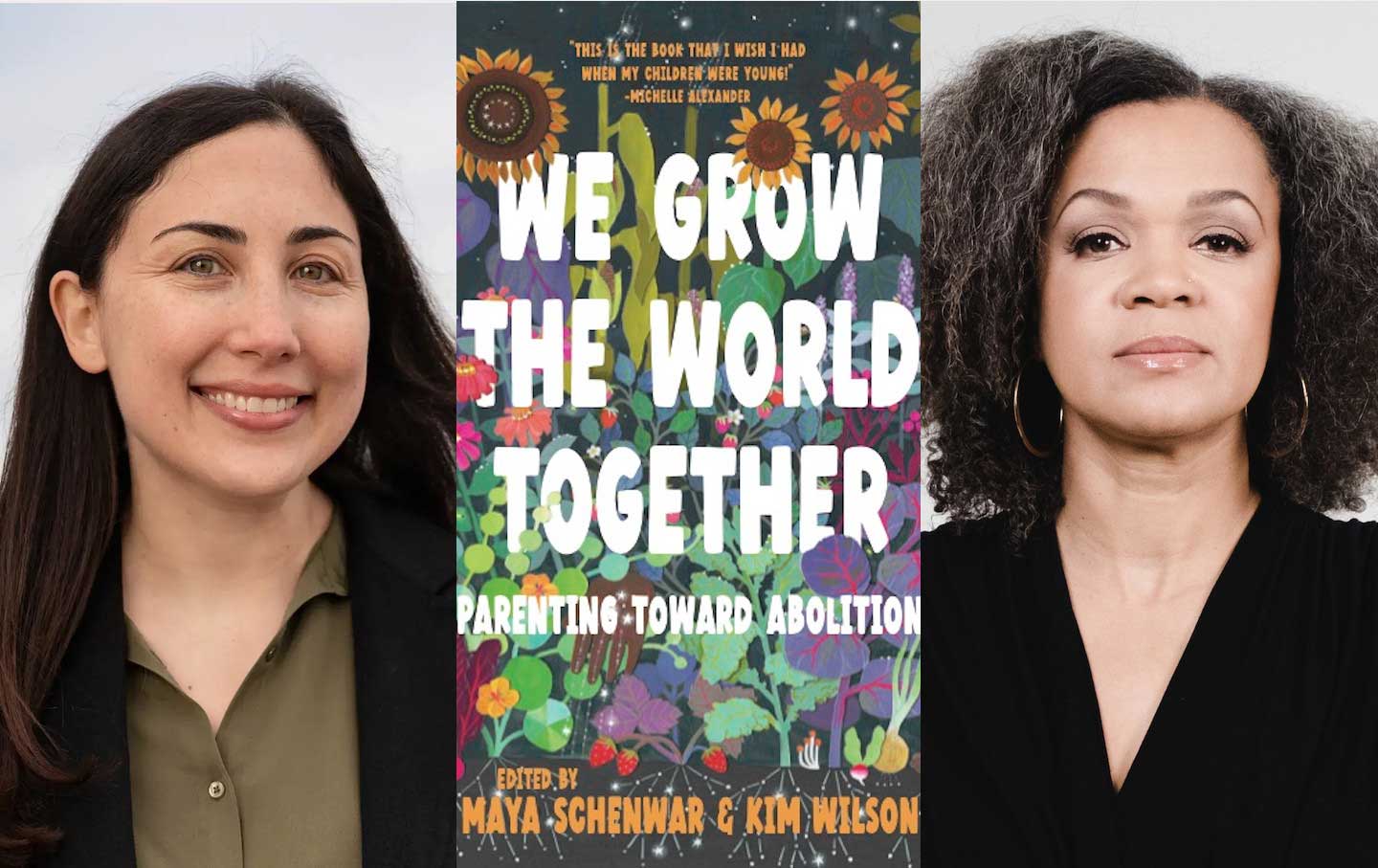“We Are the Voices of Gazan Citizens Right Now”
Hundreds of Palestinian Americans and supporters from Cincinnati, Ohio, gathered in Ziegler Park. “My city no longer exists. My village is no longer there.”
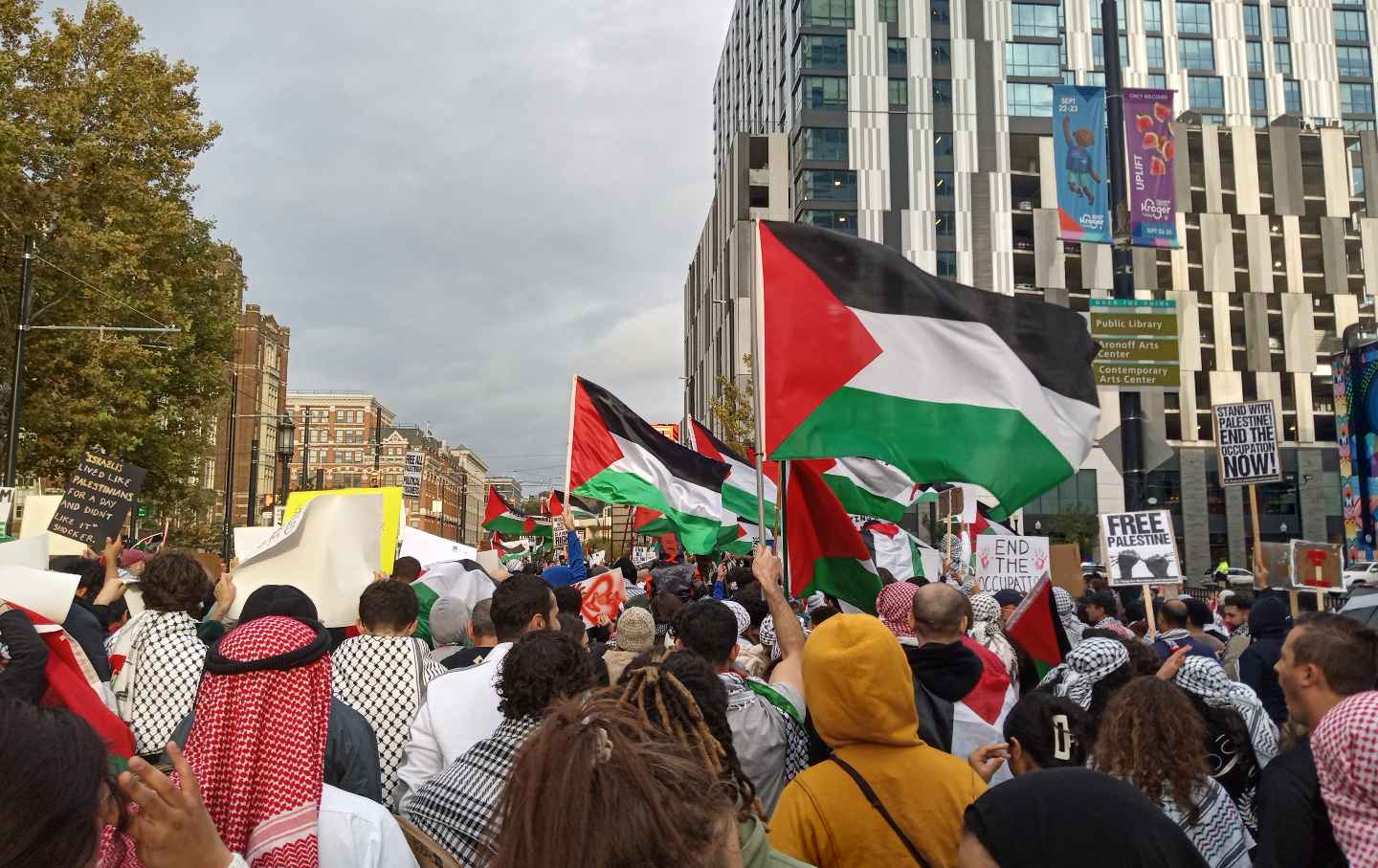
Pro-Palestine protesters marching on East Central Parkway in downtown Cincinnati on October 14.
(Zurie Pope)On October 14, hundreds of Palestinians, Muslims, and supporters of the fight for Palestinian liberation gathered in Cincinnati’s Ziegler Park. The rally was organized by the University of Cincinnati’s Students for Justice in Palestine, but the attendees offered a diverse snapshot of Ohio’s Palestinian and Muslim community ranging widely in age, gender, and ethnicity. People waved Palestinian flags, and placards that read “Free Palestine,” “End All U.S Aid to Israel,” and “From the River to the Sea, Palestine Will Be Free.”
“The situation cannot be described as an open air prison, since it implies that the Palestinians have committed a crime. Actually, Gaza can be described as an extermination camp,” said the rally’s first speaker. “Palestinians are facing genocide, as the whole world is silent to their suffering, and the potential final moments of their lives.”
Nadine Saleh, a 24-year-old protester, said she was in Ziegler Park to “show that I stand against oppression.” Saleh was raised in the United States, but her parents were born in Palestine. “It’s very sad to see all the images online, but that must not deter us from going out and advocating for those people. Because right now they are cut off from electricity, water, and food, and we are the voices of Gazan citizens right now.”
Not everyone in attendance was Palestinian—or even Muslim. “I believe in a world where all people are safe, and have the right to self-determination, and I think that Zionism in Israel actually keeps Palestinians and all people from having that,” said T. Yosef Wise. He spoke about his education work, often in synagogues, and how the Gaza war has damaged his relationship with colleagues. “I’ve been called anti-Semitic even though I teach Torah to young Jews every day.” Wise is a lifelong Cincinnati resident and participated in protests against the Iraq War in the 2000s. “You hear even the same messaging,” he said. “This idea that you either stand with Israel, or you’re with all terrorism.”
Another attendee, Barton Banta, condemned the US government for sending arms and aid to Israel. “Giving them carte blanche to do whatever they want,” Banta said. “We’ve seen what happens with those weapons. Genocide.”
“People need to know there’s another story being told, and mainstream media don’t tell that story,” said Kelly Hunter, one of the many bystanders who watched as pro-Palestine protesters marched down the streets of downtown Cincinnati. The event ended in Fountain Square, as the hundreds of participants listened to speakers, talked, and mourned the deaths of people murdered in Gaza. “They are trying to eradicate a race, a whole ethnicity,” said Christina Saliba, a second-generation Palestinian-American. “I go with my father, and my father is telling me stories about these cities he used to visit that he can’t even move freely in anymore, you know? And that’s hard to hear.”
As the president of the University of Cincinnati’s Students for Justice in Palestine, Laila Shaikh spoke about the difficulty of rebuilding UC’s SJP chapter while dealing with the possible backlash. At a pro-Palestine rally in Columbus, Ohio just days before, a man in a truck swerved at protesters, hitting one demonstrator riding a bicycle. According to the head of the SJP, the Cincinnati police reached out to them beforehand to warn about potential violence, but no counterprotests were organized.
So far, SJP has operated “mostly by word of mouth,” collaborating with groups like the Arab Student Association. “People feared for their safety,” she said. “Professors didn’t want to advise it because they feared they would lose their job.”
Regardless, Shaikh believed her college needed people to speak out about the conditions Palestinians are living under. “My own family, my own friends—we are losing people on a daily basis.” Shaikh spoke of her relatives in Palestine, the city they came from, and how both had been eradicated by settlers. “My city no longer exists. My village is no longer there. I’ve almost lost everyone. I had seven generations of history, and it was completely wiped off the map.”
We cannot back down
We now confront a second Trump presidency.
There’s not a moment to lose. We must harness our fears, our grief, and yes, our anger, to resist the dangerous policies Donald Trump will unleash on our country. We rededicate ourselves to our role as journalists and writers of principle and conscience.
Today, we also steel ourselves for the fight ahead. It will demand a fearless spirit, an informed mind, wise analysis, and humane resistance. We face the enactment of Project 2025, a far-right supreme court, political authoritarianism, increasing inequality and record homelessness, a looming climate crisis, and conflicts abroad. The Nation will expose and propose, nurture investigative reporting, and stand together as a community to keep hope and possibility alive. The Nation’s work will continue—as it has in good and not-so-good times—to develop alternative ideas and visions, to deepen our mission of truth-telling and deep reporting, and to further solidarity in a nation divided.
Armed with a remarkable 160 years of bold, independent journalism, our mandate today remains the same as when abolitionists first founded The Nation—to uphold the principles of democracy and freedom, serve as a beacon through the darkest days of resistance, and to envision and struggle for a brighter future.
The day is dark, the forces arrayed are tenacious, but as the late Nation editorial board member Toni Morrison wrote “No! This is precisely the time when artists go to work. There is no time for despair, no place for self-pity, no need for silence, no room for fear. We speak, we write, we do language. That is how civilizations heal.”
I urge you to stand with The Nation and donate today.
Onwards,
Katrina vanden Heuvel
Editorial Director and Publisher, The Nation

